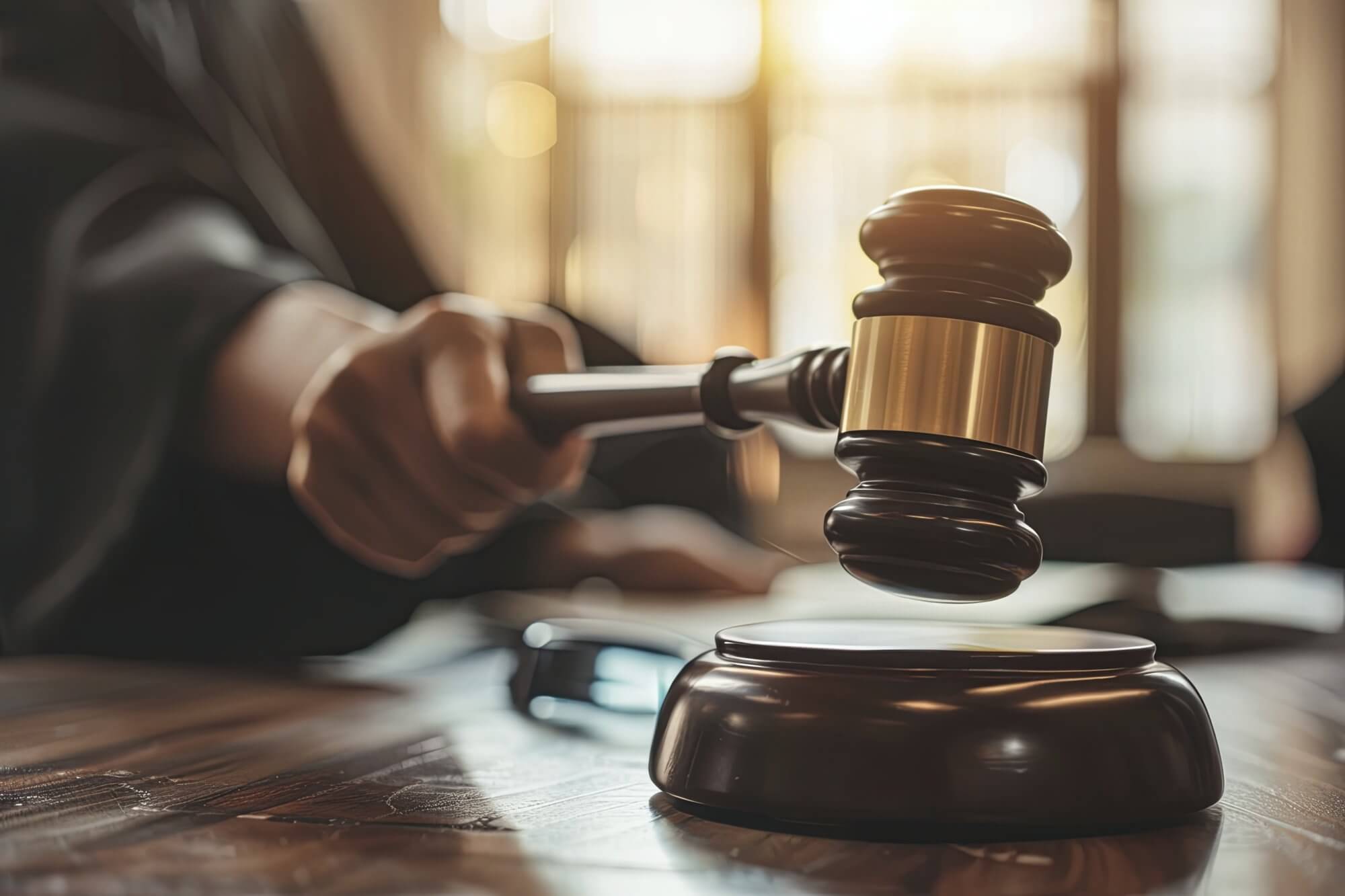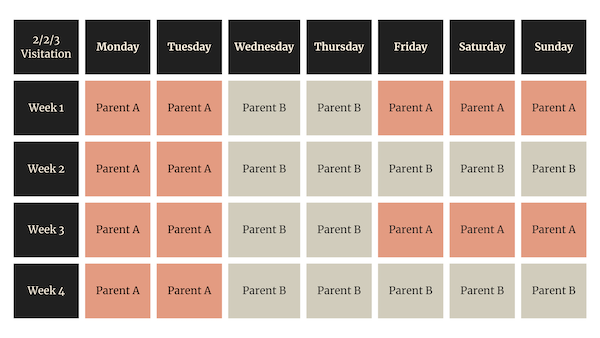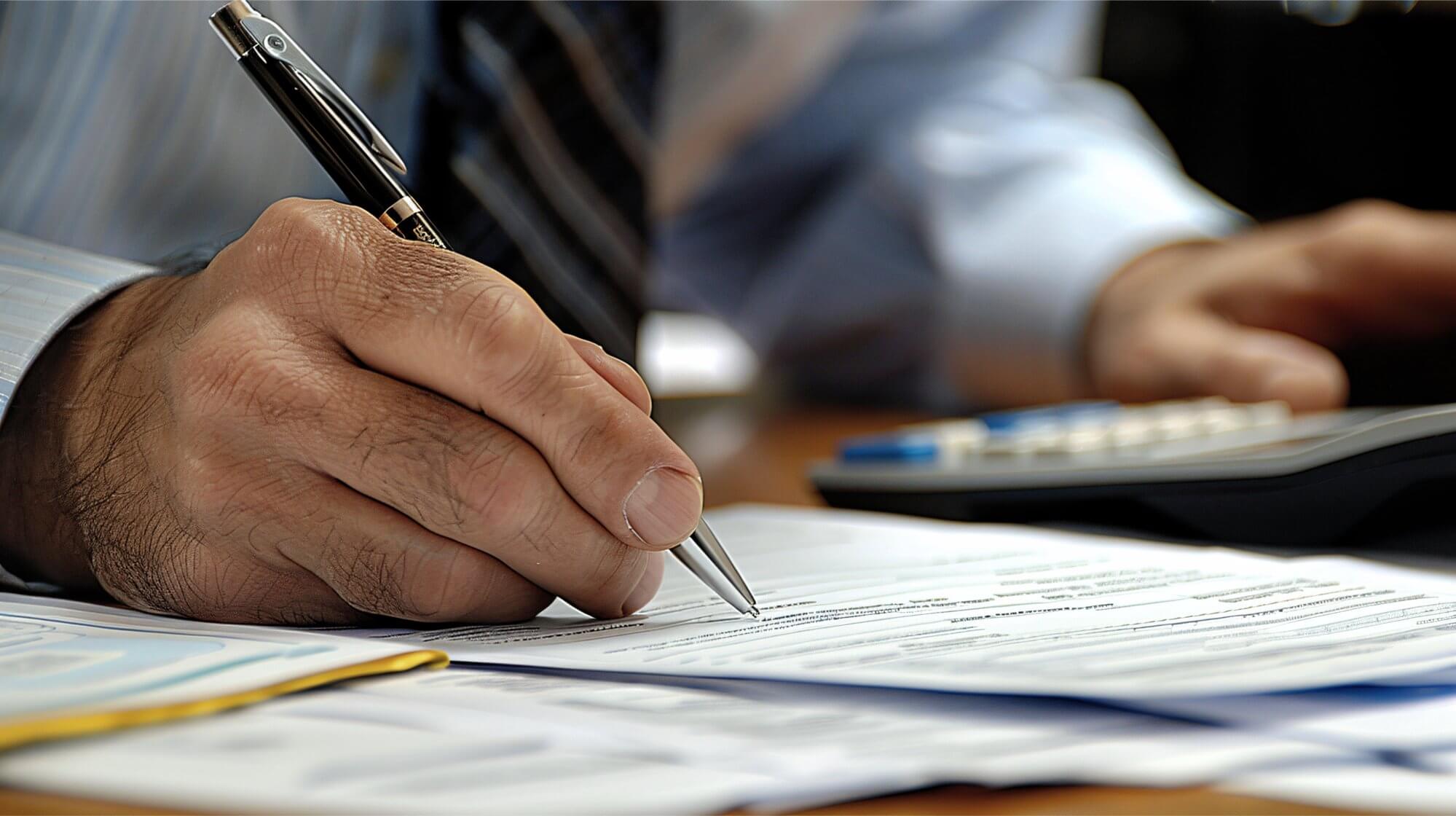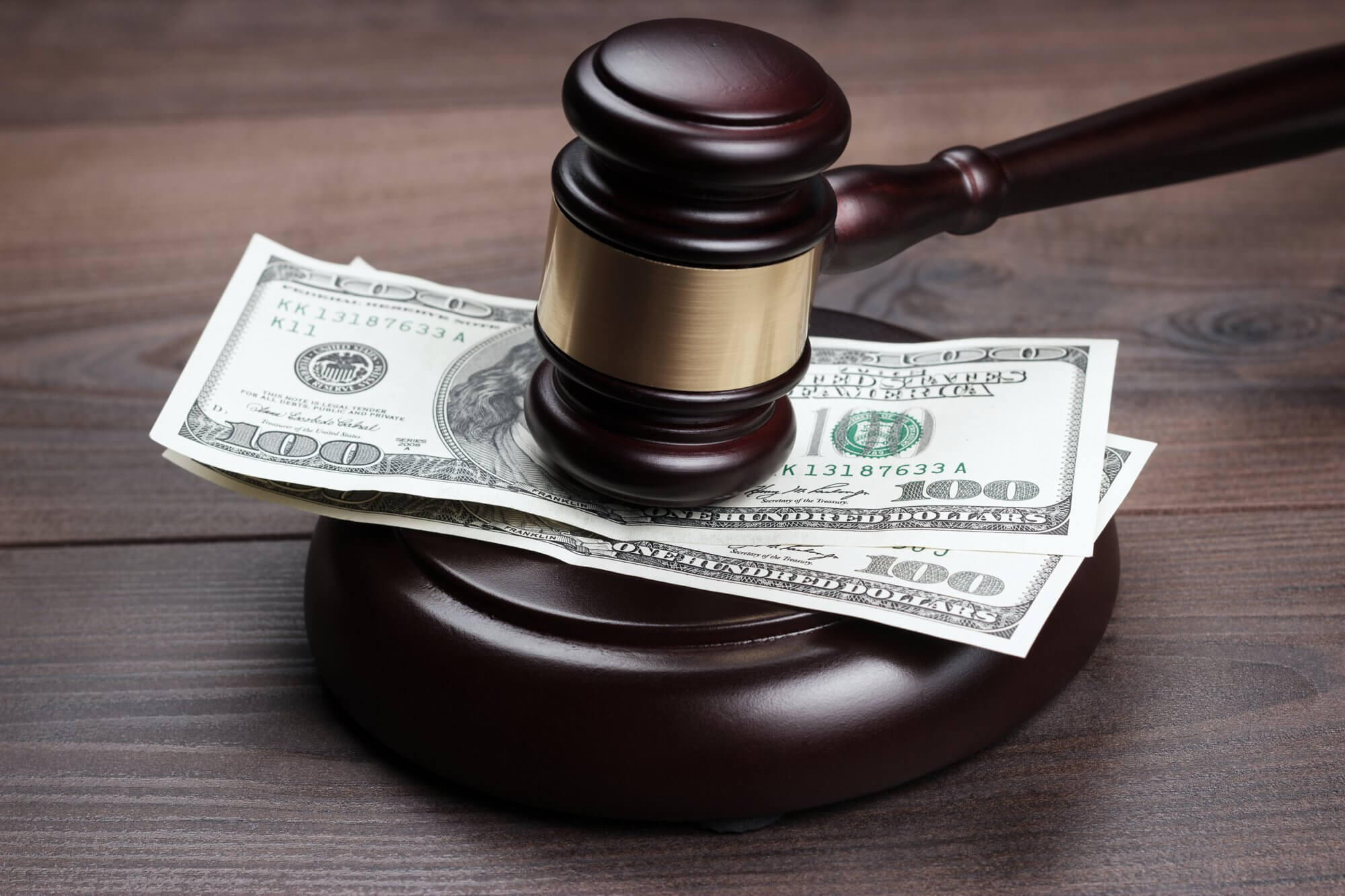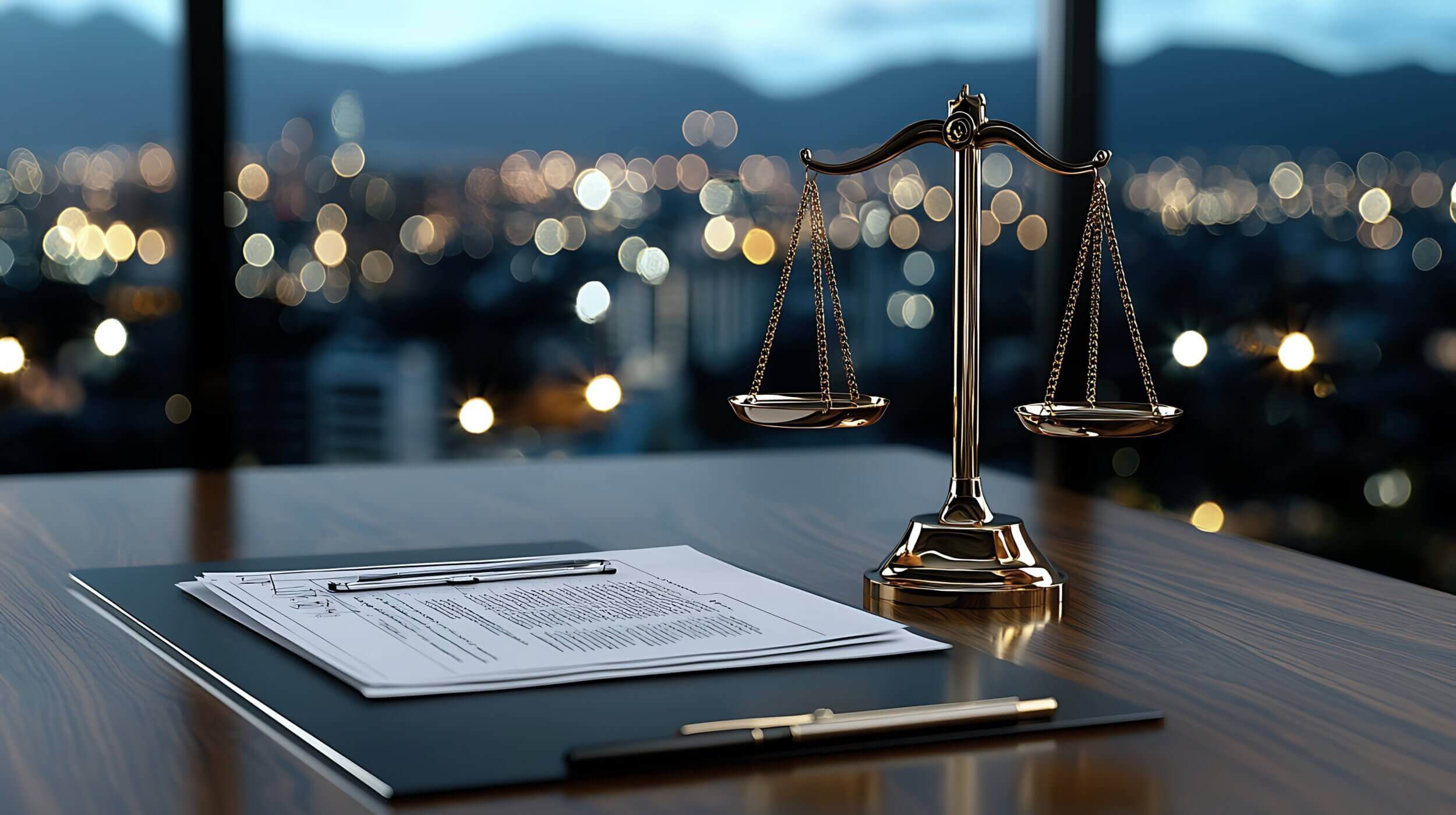Choosing the Right Divorce Lawyer
Divorce is a deeply personal and often challenging process. Having the right divorce lawyer by your side who can skillfully navigate the complexities of your case and provide support along the way can bring peace of mind to this emotional journey. With so many divorce lawyers available, it can be overwhelming to know where to start. Consider these seven steps to help you make an informed decision so that you can go forward with confidence.
- Define Your Divorce Needs
- Ask for Recommendations
- Schedule Initial Consultations
- Look for Relevant Experience
- Assess Communication Style
- Evaluate Compatibility
- Discuss Costs and Fees

Define Your Divorce Needs
Before you begin looking for a lawyer, take some time to evaluate your specific needs and goals for the divorce. Divorce cases can range from simple and uncontested to complex and highly contentious, and you may not be able to fully anticipate how yours will go until you are in it. Still, understanding the different approaches to divorce and preparing for the process ahead can help you narrow your search for the right attorney.
- Uncontested Divorce: when you and your spouse agree on the terms of your divorce, including issues like child custody, alimony, and division of assets, your divorce is uncontested.
- Contested Divorce: When your divorce involves disputes over finances, child custody, or other important issues, it is contested and you will need to work through the differences as you move through the divorce process.
Additionally, if your case involves unique factors like business ownership, significant assets, or an international element, you may need a lawyer with specialized experience in these areas.
Ask for Recommendations
Start your search by gathering recommendations from people you trust. Friends, family members, or colleagues who have gone through a divorce may be able to provide valuable insights about their experience with their lawyers. Ask for their honest feedback on the attorney’s professionalism, communication style, and ability to handle the complexities of their case. It may also be helpful to ask why they did or did not like a certain approach to see if their preferences are the same as yours.
Beyond personal recommendations, some online resources may be helpful. For example, DivorceLawyer.com profiles only top vetted firms in your area. Rather than endlessly scrolling through an overwhelming volume of online listings, DivorceLawyer.com takes a more educational approach to help you get to know our market-leading lawyer members, making it easier than ever to connect and go forward with confidence.
Your divorce lawyer can be a close ally during an emotionally charged process
Schedule Initial Consultations
Once you have shortlisted potential divorce lawyers, schedule initial consultations to meet with them in person. These sessions are a great opportunity to ask questions and gauge whether they are the right fit for you. While some attorneys offer a free or lower-cost initial consultation, you should be prepared to pay the hourly rate for any appointments unless otherwise agreed in advance.
To get the most out of your session, be prepared to talk about your specific case and come with a list of questions to ask about their approach, such as:
- What types of divorce cases do you handle – uncontested, mediation, collaborative, litigation?
- What is your approach to resolving conflicts in a divorce?
- How do you handle communication and case updates?
- What are the possible outcomes for my case?
By meeting with a few attorneys, you can compare their expertise, communication styles, and approach before making a decision.
Look for Relevant Experience
Divorce law is a specialized field, so it’s important to find an attorney who focuses on family law and divorce cases. While some lawyers may practice in multiple areas, an attorney with dedicated divorce law experience will likely be more knowledgeable about the intricacies of your case and the best strategies to achieve your goals.
Experience matters, especially when it comes to:
- Negotiating settlements without unnecessary litigation
- Handling complex cases, like high-value assets, business ownership, or custody disputes
- Understanding local laws and court procedures in your jurisdiction
Assess Communication Style
Effective communication is essential in any legal relationship, especially in a divorce case where emotions can run high. During your initial consultation, pay attention to their communication style:
- Are they listening to your concerns and questions?
- Do they explain legal concepts in a way that is easy to understand?
- Are they responsive and clear about how often they’ll update you on your case?
A lawyer who is open, responsive, and empathetic can help reduce the stress of the divorce process. Likewise, an attorney who is difficult to reach or dismissive of your concerns may create additional frustrations during an already challenging time.
Evaluate Compatibility
Your divorce lawyer can be a close ally during an emotionally charged process, so it’s important to feel comfortable and confident working with them. While professional expertise is critical, personal compatibility also plays an important role. At the same time you are evaluating firms, the best lawyers will also evaluate you. At your consultation, you can both start to get a feel for how you’ll work together.
Ask yourself:
- Does this attorney make me feel heard and respected?
- Can I trust them to handle sensitive aspects of my life with care and discretion?
- Do I feel confident in their ability to advocate for me?
If possible, you also may want to meet the team supporting your lawyer. In many firms, paralegals and associate attorneys help with the day-to-day work. Understanding who will be managing your case and whether you feel comfortable with the team is important.
Discuss Costs and Fees
Divorce can be expensive, so it’s important to understand your attorney’s fee structure upfront. During your initial consultation, ask for an explanation of their billing practices, including:
- Hourly rates and how often you will be billed
- Retainers (upfront fees) and how they are applied to your case
- Additional costs, such as court fees, filing costs, and expert witness fees
Be cautious of attorneys who are unclear about their fees or offer overly optimistic cost estimates. While you don’t want to choose a lawyer based on price alone, it’s important to find someone whose fees are transparent and within your budget.
Go Your Own Way
Choosing the right divorce lawyer is one of the most important decisions you’ll make during your divorce process. By taking the time to research lawyers in your area, you can find an attorney who will provide legal expertise and offer the support and guidance you need to go forward with confidence.













